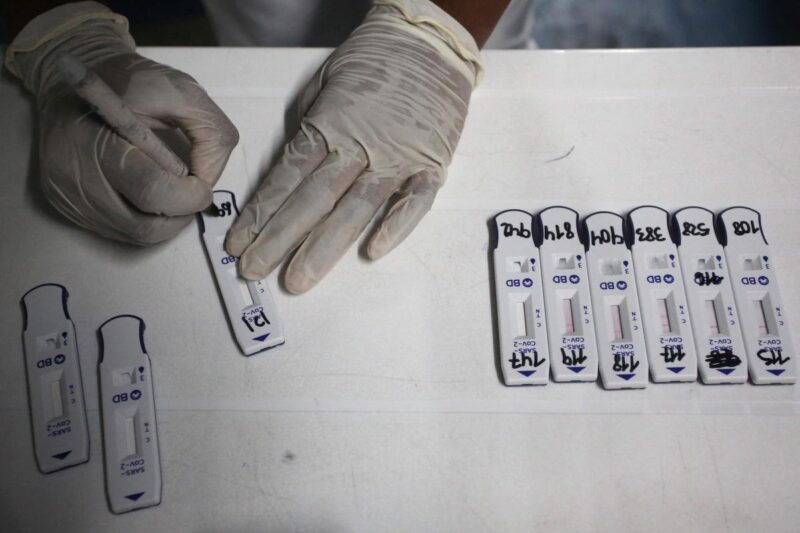Growth seems to limp back after COVID battered economies around the world, thanks to the support of government policies and the vaccination drive.
However, to ensure even and sustainable recovery, policy makers need to address seven key issues going to the blog post from the Confederation of Indian Industry (CII).
Here is a detailed look at them:
Tackle a two-speed recovery
Is a two-speed recovery by a wide margin, both inter-state and intra-state. The developed world, with the support of a much higher fiscal and access to vaccines, has recovered much faster than developing countries and low-income countries. In the state, the contact-based sector has been slower to pick up. The more vulnerable sections of society bear a larger burden of the loss of jobs and livelihoods. the economic reality of a two-speed recovery has exacerbated inequalities make them rigid and intense as never before. To overcome this, the inclusion should be a key component of all policies.
Institutionalizing pandemic preparedness
COVID not over yet. Concerns caused by mutations have recently demonstrated how fragile the recovery is. Also, COVID not last pandemic that the world will have to deal with. Given the severity of the health and economic crisis and the scale of the loss of life that a pandemic could cause, the state must institute pandemic preparedness.
the gradual easing of monetary policy
Led by the United States, governments and central banks around the world have literally printing money leads to saturation of liquidity. However, this can not go on forever, and the expectation is that the withdrawal of this policy will be gradual. This process will put the dynamics of inflation, monetary policy, fiscal deficits and interest rates on the center stage in the global economic thinking, and countries should start preparing for it began in 2022.
reduce emissions
The challenge of climate change requires urgent and substantive action by all. Earth’s carbon dioxide levels are the highest in the last three million years. Therefore, it is very important to reduce emissions substantially in this decade alone to be able to achieve the goal of limiting the rise in temperature of 1.5 degrees.
Address disruption of technology adoption
pandemic has been fast-tracked adoption of the technology, which brings with issues disruption, dislocation, and friction. Policy making needs to address this challenge.
supply chain must prepare black swan
pandemics have led to unprecedented shocks of the supply chain leading to a global shortage as semiconductors. This shortage has affected businesses throughout the world, because of their dependence on the complex just within the global supply chain. Deficiency leads to lower capacity utilization in the industry, regardless of the demand is there. This in turn affects investment and capacity expansion decisions. The economy needs to deal with this shortage and plans to reduce the impact of any future global events such as the supply chain.
Implementing Universal Basic Income
In a two-speed world, economic policies must-revisit the idea of Universal Basic Income (UBI) as a means of social protection and stabilizer request. While implementation will be easier for developed countries with available resources at its disposal, developing countries such as India also need to start deliberating on some form of UBI.


















